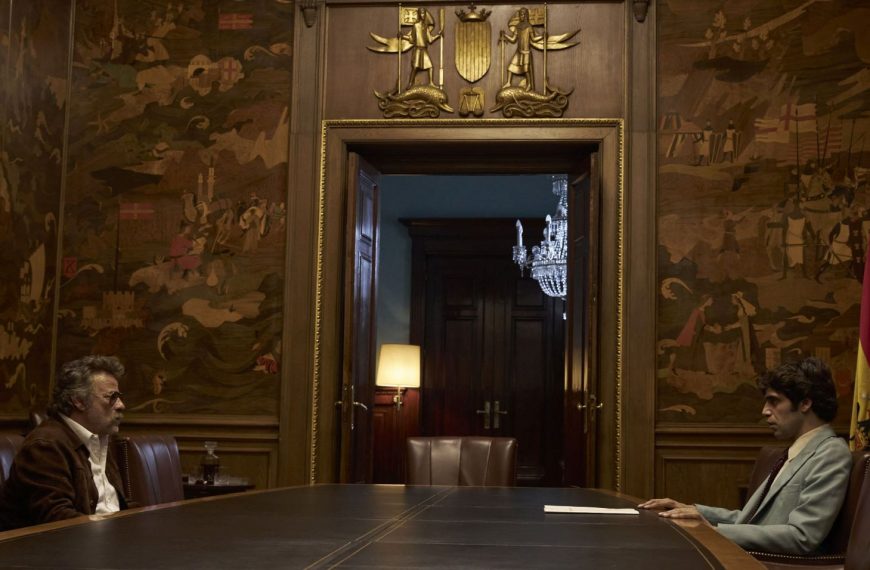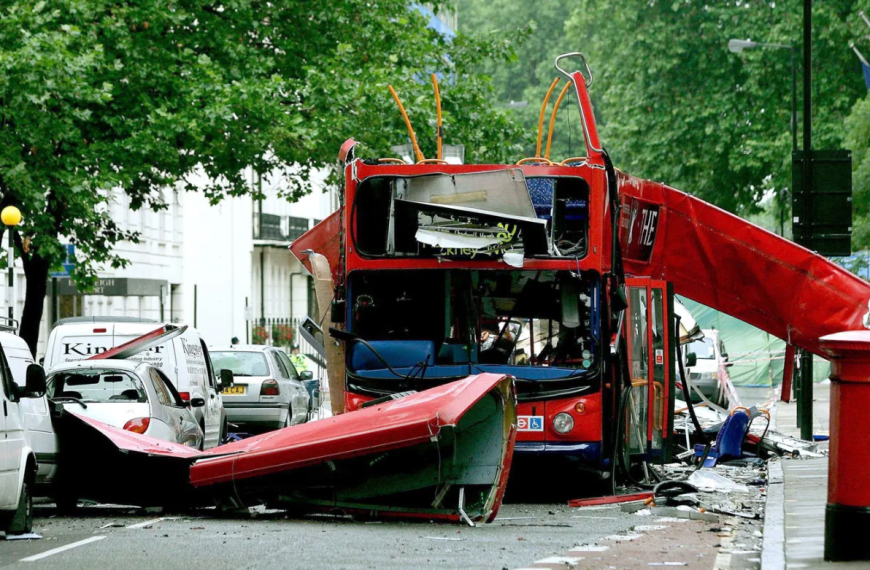“Συγγνώμη ( Mi scuzi) Άνγκελα Μέρκελ”. Κάπως έτσι ο Ματέο Ρέντσι προαναγγέλει ότι επιδιώκει να γίνει “ανεπίσημος αρχηγός της Ευρώπης”, σε μια προσπάθεια αμφισβήτησης της γερμανικής επικυριαρχίας και των πολιτικών λιτότητας.
Ο Ματέο Ρέντσι θυμίζει τις τελευταίες ημέρες ότι τα 11,2 εκατ. ψήφους που κέρδισε το Δημοκρατικό Κόμμα του Ιταλού πρωθυπουργού είναι το “πιο ψηφισμένο κόμμα στην Ευρώπη”
Διαβάστε αναλυτικά (στα αγγλικά) το σχέδιο Ρέντσι και τις φιλοδοξίες του Ιταλού πρωθυπουργού:
Από το Politico.eu
The Italian premier bared his EU-wide ambitions at a year-end news conference, saying that the 11.2 million votes garnered by his Democratic Party (PD) in the 2014 European elections meant he was “the most voted for leader” in Europe.
Renzi, a former mayor of Florence, granted the German chancellor second place, thanks to her 10.6 million votes — while lashing out at Berlin over its latest large gas pipeline project with Russia and Germany’s opposition to a common bank deposit insurance scheme.
Italy’s undersecretary for Europe, Sandro Gozi, told the Catholic daily l’Avvenire that his boss remains on good terms with Merkel, adding: “But of course now on the European stage there is a new leader, Renzi, who puts forward a different vision.”
Besides the chancellor, Renzi appears to consider he has no competition from other EU majors: the French President François Hollande is too weak, Britain’s David Cameron is not interested in the job, and Spain’s Mariano Rajoy may soon be out of a job.
Given his relative youth — Renzi is 40, Merkel 61 — what skills and attributes does the ambitious Italian need to hone in the coming months to lay claim the mantle of European leader?
Here are five tips:
1) Win elections
Renzi has a point when he says the PD is the largest socialist party in the European Parliament after the last EU elections. But he himself has yet to win a general election; he became prime minister by replacing his predecessor Enrico Letta in an internal party power play. He has said that if he loses a referendum in October on constitutional reforms, his political career will be over. To make a strong case, Renzi needs to win the referendum and general elections currently scheduled for 2018, but which could come as early as 2017.
2) Learn Brussels etiquette
In a video broadcast by France’s Canal Plus in early 2015, Renzi arrives late for a meeting with European Parliament President Martin Schulz. He keeps the German waiting again and then, in a press conference, looks bored, checks his cell phone and yawns while Schulz is talking. EU officials say this is typical behavior from Renzi, who often rubs other leaders the wrong way at summits and meetings. Renzi could also take some lessons from Merkel in how to ensure more political clout in Brussels in key portfolios. EU insiders cite the German chancellor’s positioning of Karl Friedrich Falkenberg as Commission director general for environment in 2009, when she decided to take a leading role on this issue, as a textbook example of how to work Brussels.
3) Build alliances
Renzi is not alone in criticizing Berlin’s economic policies — the former chairman of America’s Fed Ben Bernanke has called out Germany for its trade surplus, and in the euro crisis Washington repeatedly urged Germany to open its wallet wider. But the Italian premier chooses weak allies — such as his rallying of Portugal and Greece for his attack on Merkel at the last EU summit on joint bank deposit insurance. And he has to learn to build strong alliances. At the summit he knew the dossiers he was talking about and he had the courage to face Berlin on the issue of the Nord Stream gas pipeline from Russia. He then claimed he scored a big victory after the pipeline was defended only by Germany and the Netherlands. But that was an easy achievement after 10 EU nations had already written to the European Commission to complain about the project two weeks before the summit. Other countries did not sign the letter but were also reluctant to back the pipeline.
Renzi is not alone in criticizing Berlin’s economic policies… but the Italian premier chooses weak allies.
4) Fix your country
Renzi’s reforms are bearing some fruit. Unemployment is still high at 11.5 percent but falling, while the economy could notch up growth of 0.8 percent for 2015 after three years in negative territory. But with public debt at around 130 percent of economic output, the second highest ratio in the eurozone after Greece, Italy doesn’t have much room to maneuver. Its banks are in precarious shape, with non-performing loans climbing since 2008, and especially in the last three years of recession.
5) Improve your language skills
Donald Tusk, president of the European Council, doesn’t speak superb English but his German is fluent. Jean-Claude Juncker, president of the Commission, is fluent in German, French and English. Merkel avoids speaking English in public but converses privately with Vladimir Putin in Russian. Renzi, on the other hand, likes to joke about how bad his English is and there are YouTube videos taking digs at his French as well. One golden rule for would-be European leaders: Avoid sounding like a clown.




